Beef Herd Health and Quality Assurance
All Beef Herd Health and Quality Assurance Content
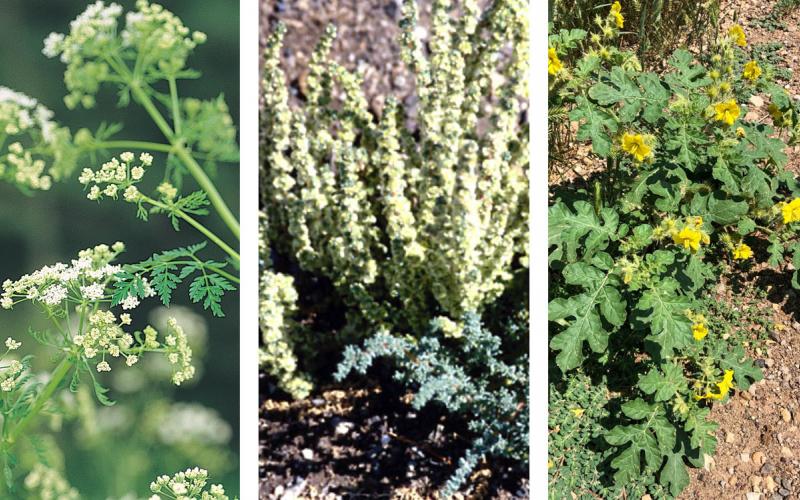
Poisonous Plants on Rangelands: Hemlock, Halogeton and Buffalo Bur
Several species of poisonous plants are invasive and can easily establish dense stands when there is a disturbance on rangelands. Hemlocks, halogeton and buffalo bur can all be found throughout South Dakota and are toxic to livestock.
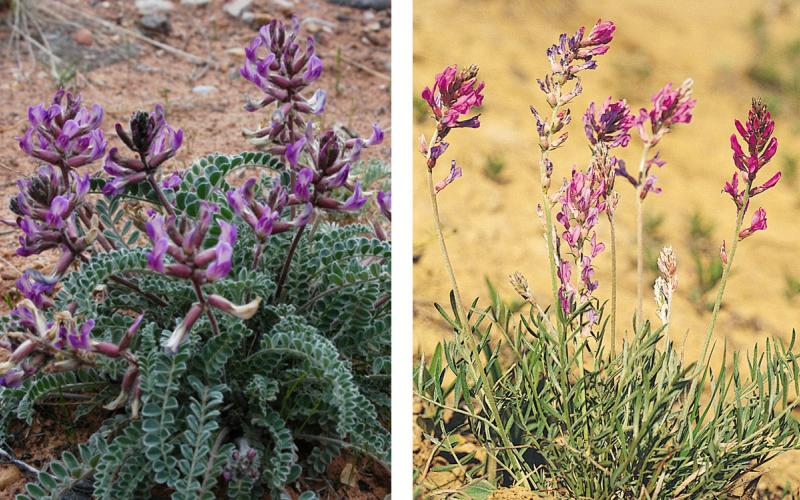
Poisonous Plants on Rangelands: Locoweed and Crazyweed
Locoweed and crazyweed are found throughout South Dakota rangelands, and both can cause livestock poisoning.The names locoweed and crazyweed are often used interchangeably. However, there are notable differences between the species.
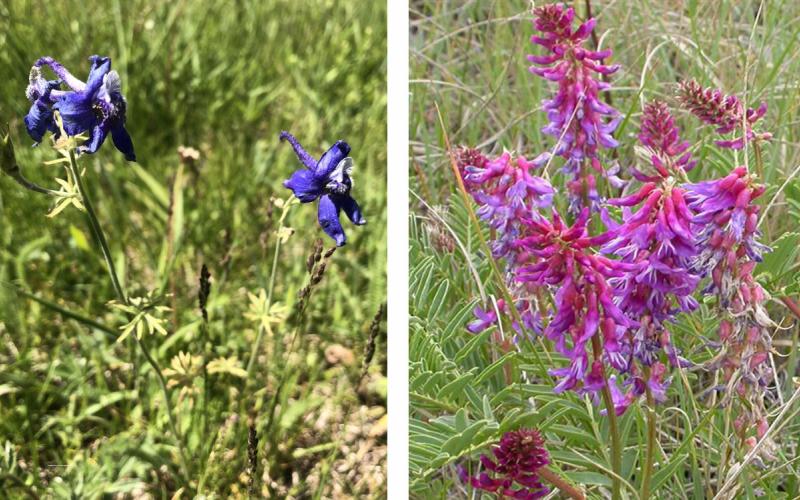
Poisonous Plants on Rangelands: Larkspur and Poisonvetch
Larkspurs are the second leading cause for all livestock deaths from toxic plant poisoning. Poisonvetches are considered accumulator plants that uptake excessive levels of selenium and cause toxicity problems in cattle.
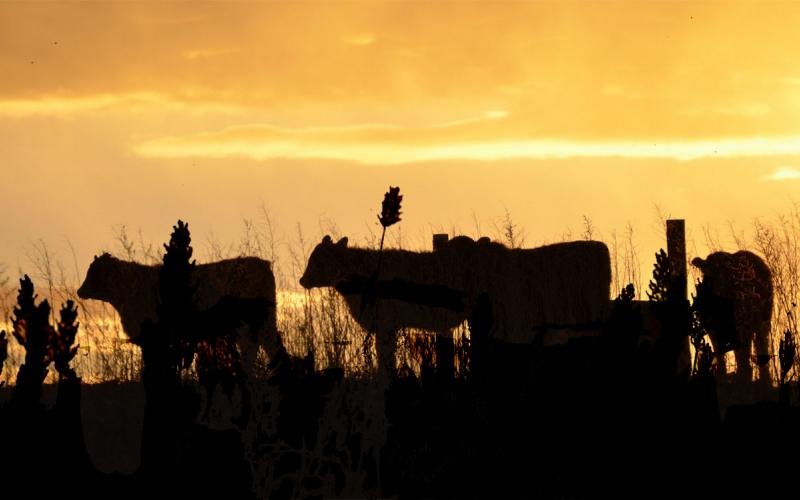
Prussic Acid Precautions
During periods of drought, it is important to aware of the factors that can be a concern during these conditions, specifically nitrates and prussic acid. It is important to take precautions when using feeds that could contain one or both compounds.
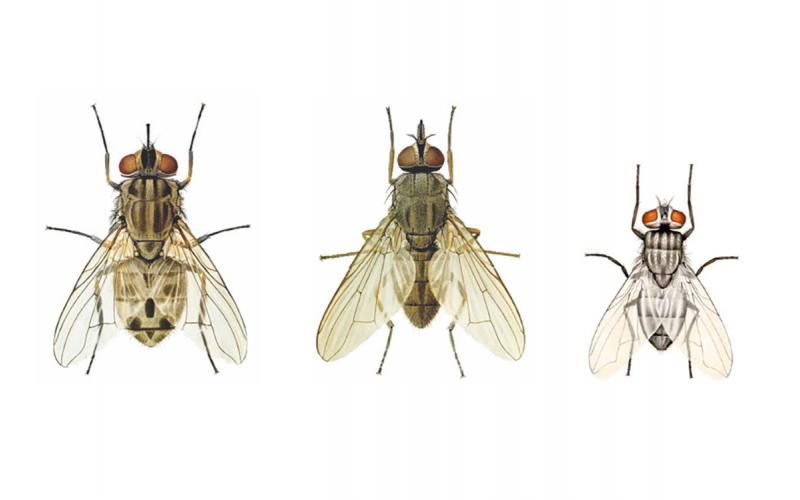
Fly Control Considerations for Cattle on Pasture
Along with being irritants to livestock, horn flies, face flies and stable flies are economically important to producers due to their negative impacts on milk production and calf weaning weights.
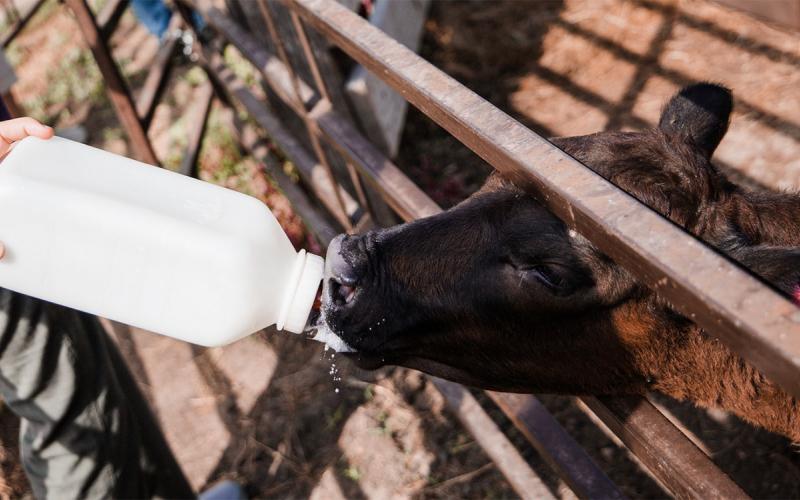
Managing Orphaned Calves
With careful management and proper nutrition, calves orphaned by challenging winter weather can perform similar to calves still on the cow.
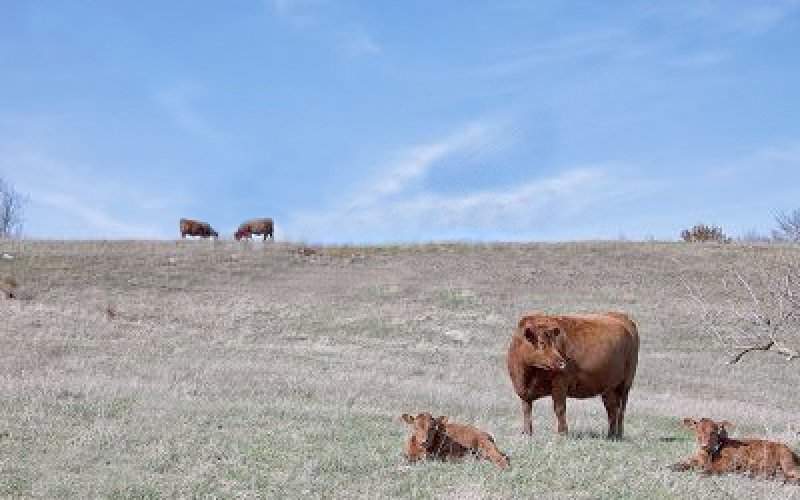
Grass Tetany: Now Is the Time To Prepare
Grass tetany is a metabolic disorder associated with grazing lush, rapidly growing pastures. Learn the factors that influence its progression along with tips for preventing and managing it in herds.
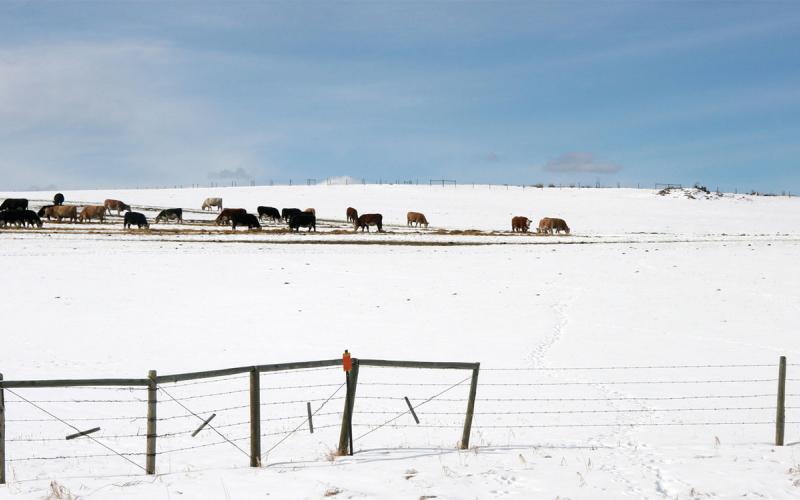
Winter Cow Supplementation and Cold Stress
Extreme winter weather makes it challenging to meet a cow’s nutrient requirements. With below-normal temperatures come challenges of ensuring adequate nutrition and protection for livestock, including being prepared to provide additional feed and shelter.
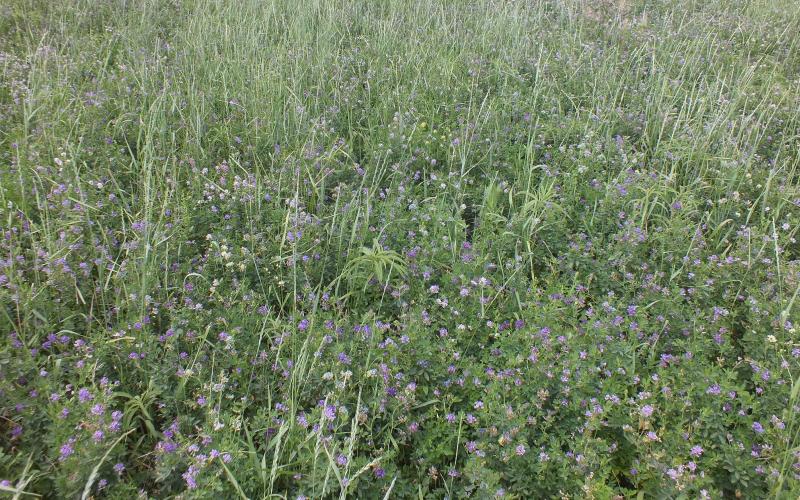
Precautions for Grazing Weevil-Infested Alfalfa
Alfalfa weevil populations are high this year, creating challenges for producers. Questions have arisen on how to get some value out of the forage by grazing it rather than putting it up for hay.
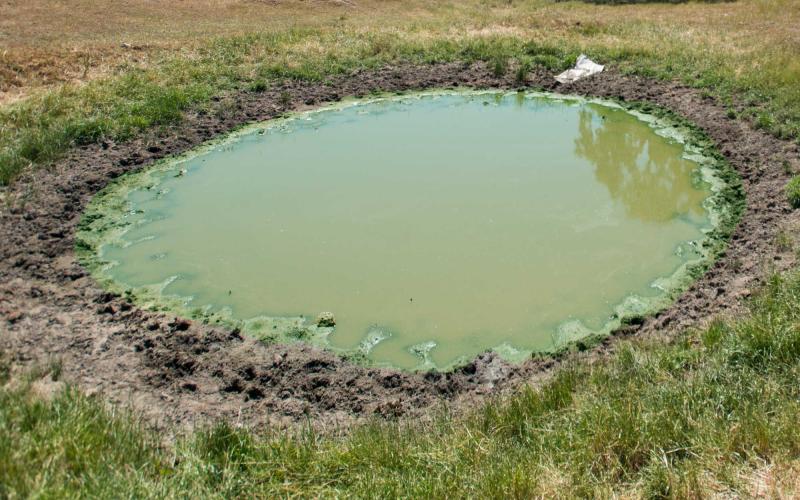
Blue-Green Algae and Livestock
With warmer temperatures, the conditions are right for blue-green algae blooms. Different species of blue-green algae contain various toxins, which can poison livestock, resulting in rapid death.